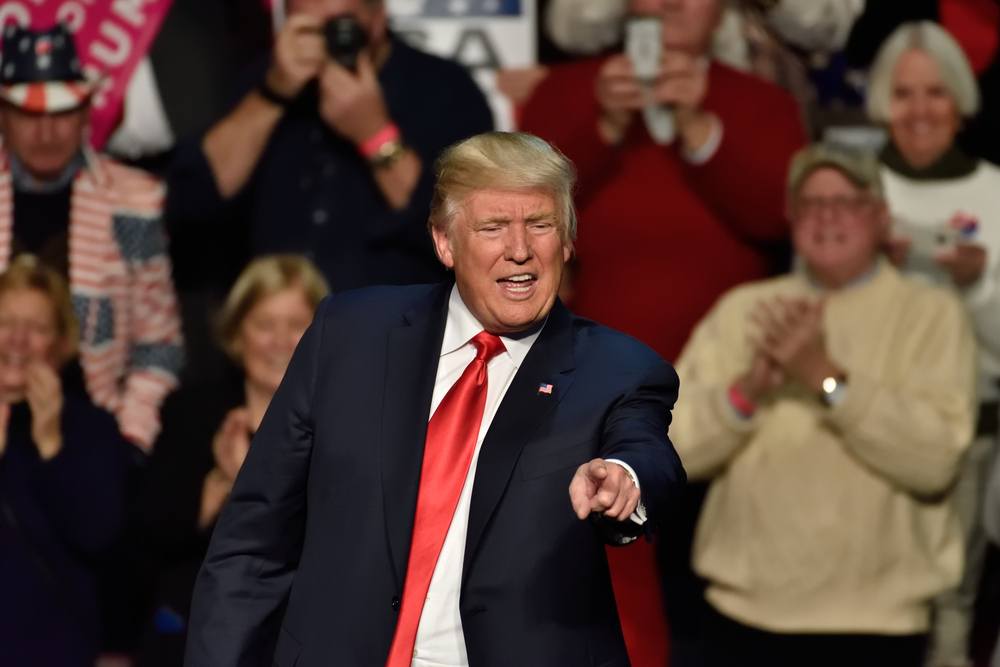Key Takeaways:
- Many liberals believe economic hardship will change Trump voters’ minds.
- Trump’s support remains strong regardless of challenges.
- Cultural identity often outweighs economic factors for Trump voters.
- White liberals may overestimate people’s inherent goodness.
- Suffering doesn’t necessarily alter political allegiance.
Introduction
Some liberals think Trump voters might turn against him due to economic struggles. But is this wishful thinking?
The Role of Identity in Voting
For many Trump supporters, cultural identity matters more than economics. Since the late ’70s, white Americans have often backed Republicans, even when policies don’t economically benefit them. This loyalty stems from a sense of group identity, where voters prioritize cultural alignment over financial gain.
Why Suffering Doesn’t Change Minds
Suffering doesn’t always lead to political change. People tend to stick with their group’s narrative, even when facing hardships. They may complain but won’t necessarily shift their allegiance.
Cultural Assumptions and White Privilege
White liberals often underestimate the impact of corruption and greed. They believe in the inherent goodness of people, but this belief may be outdated. For many, especially white Americans, cultural identity and the belief in their own privilege shape their votes more than economic self-interest.
A Historical Perspective
In the 19th century, European liberals doubted the public’s ability to embrace liberal ideals without persuasion. Similarly, today’s liberals may need to actively persuade voters rather than expecting them to change based on hardship.
Conclusion
While liberals hope economic hardship will sway Trump voters, cultural identity remains a stronger force. Understanding this is crucial for future political strategies. The loyalty of Trump’s base highlights the enduring power of cultural identity over economic hardship.
